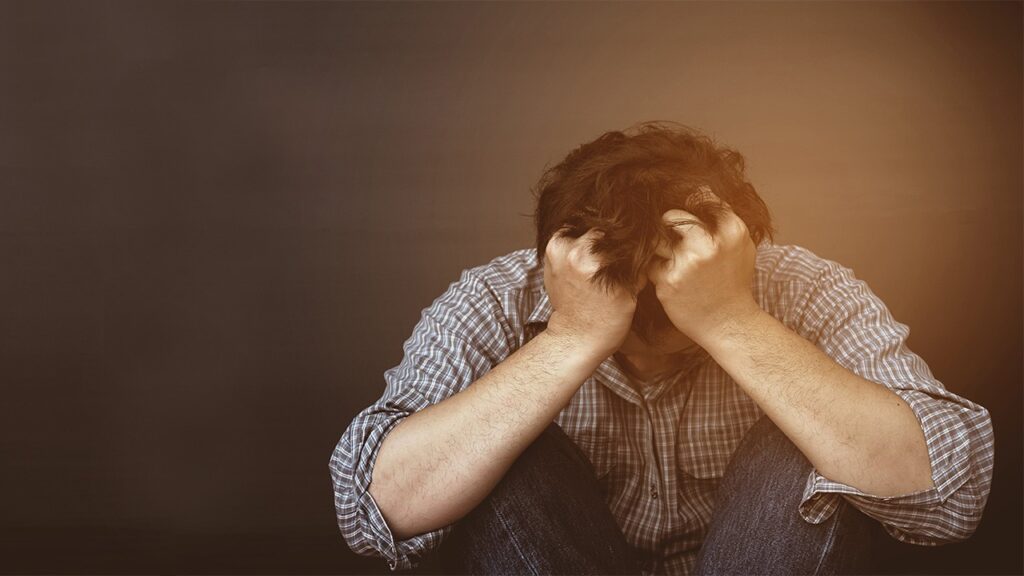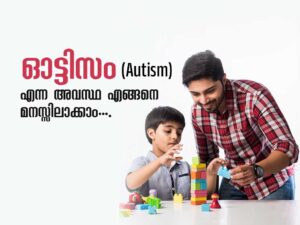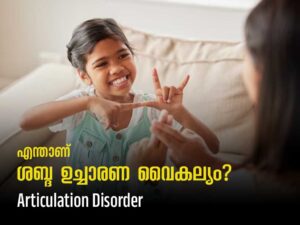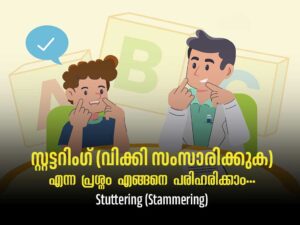Acute Stress Disorder (ASD) is a mental health condition that can occur immediately after a shocking experience in a person’s life, lasting around 3 to 30 days. Any shocking events like exposure to actual or threatened to death, serious injury or sexual violence could cause Acute Stress Disorder but it can’t be diagnosed after 3 days have passed. It can be something that progresses into Post-Traumatic Stress disorder (PTSD) after the one-month period is over but if it resolves itself within one month or it appears like it’s going to end, then it’s classified as Acute Stress Disorder.
The shocking event doesn’t have to be something that you directly experienced. it could be something that you witnessed in your day to day life like if you have seen someone get severely injured or killed or something terrifying. The defining difference between ASD and PSD is that it’s 3 days to one month for ASD whereas for PTSD is one month and forward.
Let’s get to what Acute Stress Disorder feels like:
The way that it feels in your body can show up all of these symptoms in different ways for different people in the body.
- Intrusion symptoms: You’re going to have high anxiety whenever you feel triggered, whenever you’re reminded of that traumatic event.
- Arousal symptoms: You may have an exaggerated startle response, sleep problems, you may feel dizziness, blurry vision, difficulty concentrating etc.
- Distressing thoughts: It’s a distressing event and it just stresses out your body so you’ll have memories, recurrent dreams of what happened, you may forget things and you may experience dissociation. You may find yourself with tired and stressed with low motivation as a result of constantly being triggered and reminded of what happened.
- Negative mood: You may have negative thoughts going on your brain like I can’t trust anybody, I ruined this, I need to die a typical thought of blaming yourself for what happened.
- Avoidance symptoms: People with these symptoms purposefully avoid thoughts, feelings, people, or places that they associate with traumatic event.
- Emotional symptoms: You may experience changes like depersonalisation and derealisation. You may have fear about what happened, anger and rage about that event, you may feel guilty about the way you react to that event.
How is acute stress disorder treated?
A skilled mental health practitioner can diagnose acute stress disorder. A healthcare professional will usually diagnose acute stress disorder if a person develops nine or more symptoms within 30 days of the traumatic event. Symptoms that appear after this time frame or persist longer than 30 days may indicate Post-Traumatic Stress Disorder.
- Psychotic evaluation is required if you are at risk of suicide.
- Hypnotherapy or exposure-based therapies are required.
- Cognitive behavioural therapy (CBT), that involves working with a trained mental health professional to develop effective coping strategies.
- meditation and breathing exercises.
- antidepressants or anticonvulsants to help treat a person’s symptoms.
How is acute stress disorder prevented?
There are many ways to reduce the likelihood of survivors developing acute stress disorder.
- consulting a mental health practitioner or a physiatrist following a traumatic event.
- Counselling and preparation training reduced risk of acute stress disorder.
- seeking support from family and friends.
Finding a licensed Counsellor
Acute Stress Disorder is not an uncommon condition, and it can occur after a person experiences a traumatic event. It is a short-term condition that can be resolved within a month but if not properly diagnosed and treated will lead Post-Traumatic Stress Disorder. To avoid those, access an experienced from the comfort of your home. Working with a skilled mental health practitioner, you can learn to accept responsibility for your actions, develop a better sense of proportion, and build healthier relationships.



